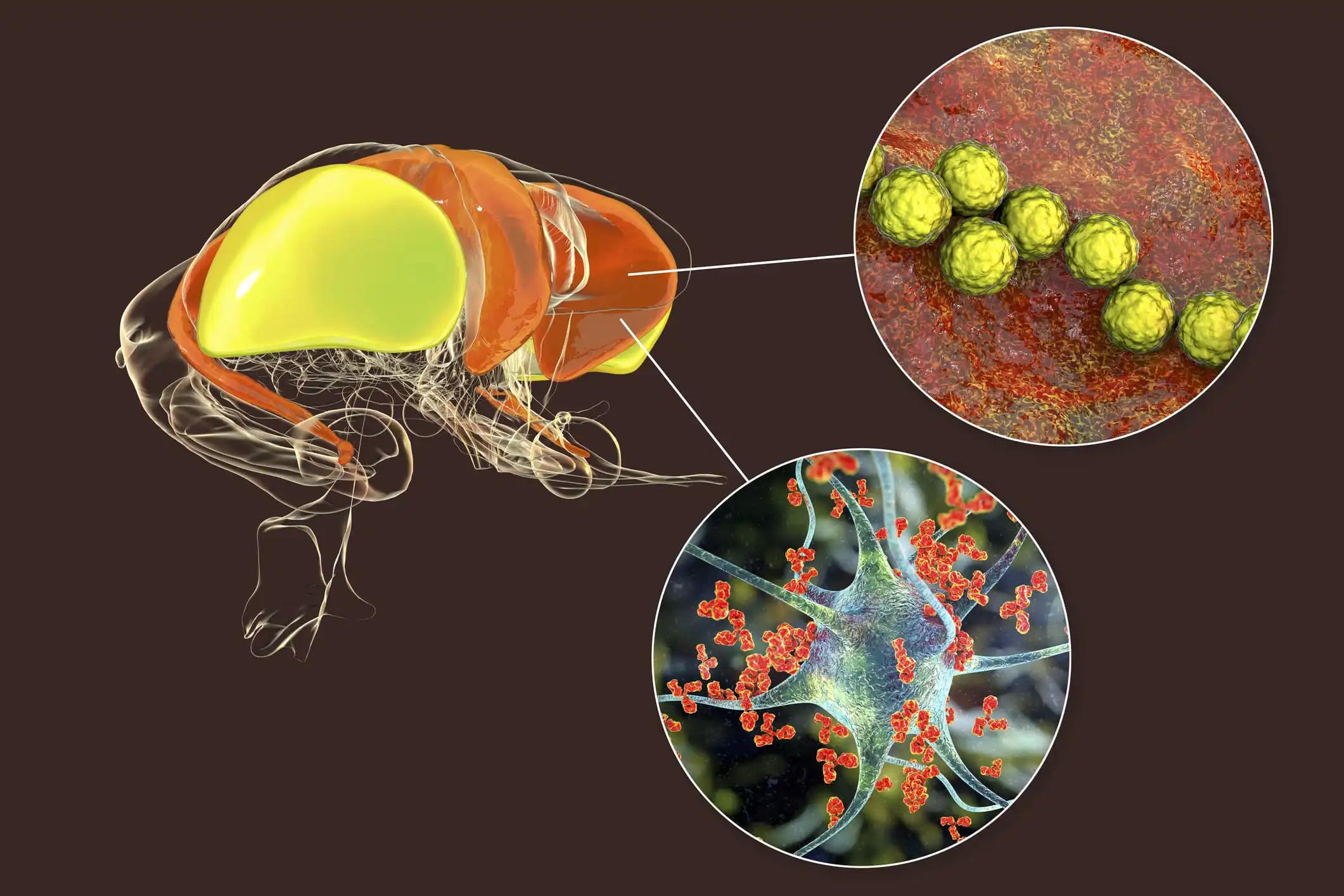KEY TAKEAWAYS
- CheckMate-9KD is a phase 2 trial aimed at evaluating the efficacy of nivolumab.
- The study included patients with histologically confirmed mCRPC who received ongoing androgen deprivation therapy and had an ECOG performance status of 0-1.
- The trial included two cohorts – A1 and A2 – based on the patient’s previous treatment history with chemotherapy and novel hormonal therapies.
- The study’s coprimary endpoints were the objective response rate (ORR) and prostate-specific antigen response rate (PSA50-RR).
- The combination of nivolumab and rucaparib showed promising results in patients with post-chemotherapy mCRPC and mCRPC.
The CheckMate-9KD clinical trial (NCT03338790) is a phase 2 study that involved multiple groups and was not randomized. The trial evaluated the efficacy of nivolumab in combination with other anticancer therapies for treating metastatic castration-resistant prostate cancer (mCRPC). The findings from cohorts A1 and A2 of CheckMate 9KD, which focused on the assessment of nivolumab in conjunction with rucaparib, are presented herein. The clinical trial “CheckMate-9KD” included adult individuals diagnosed with histologically confirmed metastatic castration-resistant prostate cancer (mCRPC) who received ongoing androgen deprivation therapy (ADT) and had an Eastern Cooperative Oncology Group performance status of 0-1. Cohort A1 comprised individuals diagnosed with postchemotherapy metastatic castration-resistant prostate cancer (mCRPC) who had undergone one to two prior taxane-based regimens and had received no more than two novel hormonal therapies such as abiraterone, enzalutamide, or apalutamide. Cohort A2, on the other hand, consisted of patients with mCRPC who had not undergone chemotherapy before and had previously received novel hormonal therapy. The patients were administered a dosage of nivolumab at 480 mg every four weeks, in addition to rucaparib at 600 mg twice daily (with nivolumab dosing not exceeding two years).
The coprimary endpoints of the study were the objective response rate (ORR) as per the guidelines of Prostate Cancer Clinical Trials Working Group 3 and the prostate-specific antigen response rate (PSA50-RR), which refers to a reduction of ≥50% in PSA levels. These endpoints were evaluated in all-treated patients and patients with tumors that tested positive for homologous recombination deficiency (HRD) before their enrollment in the study. The secondary endpoints encompassed radiographic progression-free survival (rPFS), overall survival (OS), and safety. The results of cohort A1 indicate that the confirmed overall response rate (ORR) for all-treated, HRD-positive, and BRCA1/2-positive populations were 10.3% (3.9-21.2) (n=58), 17.2% (5.8-35.8) (n=29), and 33.3% (7.5-70.1) (n=9), respectively. The confirmed prostate-specific antigen 50% response rate (PSA50-RR) for all-treated, HRD-positive, and BRCA1/2-positive populations were 11.9% (5.9-20.8) (n=84), 18.2% (8.2-32.7) (n=44), and 41.7% (15.2-72.3) (n=12), respectively. The median radiographic progression-free survival (rPFS) for all-treated, HRD-positive, and BRCA1/2-positive populations were 4.9 (3.7-5.7) (n=88), 5.8 (3.7-8.4) (n=45), and 5.6 (2.8-15.7) (n=12) months, respectively. The median overall survival (OS) for all-treated, HRD-positive, and BRCA1/2-positive populations were 13.9 (10.4-15.8) (n=88), 15.4 (11.4-18.2) (n=45), and 15.2 (3.0-not estimable) (n=12) months, respectively. In cohort A2, the confirmed overall response rate (ORR) was 15.4% (5.9-30.5) (n=39), 25.0% (8.7-49.1) (n=20), and 33.3% (7.5-70.1) (n=9).
The confirmed prostate-specific antigen 50% response rate (PSA50-RR) was 27.3% (17.0-39.6) (n=66), 41.9 (24.5-60.9) (n=31), and 84.6% (54.6-98.1) (n=13). The median radiographic progression-free survival (rPFS) was 8.1 (5.6-10.9) (n=71), 10.9 (6.7-12.0) (n=34), and 10.9 (5.6-12.0) (n=15) months. The median overall survival (OS) was 20.2 (14.1-22.8) (n=71), 22.7 (14.1-not estimable) (n=34), and 20.2 (11.1-not estimable) (n=15) months. The prevalent any-grade and grade 3-4 treatment-related adverse events (TRAEs) in cohorts A1 and A2 were nausea (40.9% and 40.8%) and anemia (20.5% and 14.1%), respectively. The rates of discontinuation resulting from treatment-related adverse events (TRAEs) were 27.3% and 23.9%, correspondingly. The combination of nivolumab and rucaparib has demonstrated efficacy in individuals with postchemotherapy or chemotherapy-naïve metastatic castration-resistant prostate cancer (mCRPC) who are HRD-positive, with a particular benefit observed in those with BRCA1/2 mutations. The safety profile was consistent with expectations, and no novel adverse events were observed. The trial does not provide sufficient evidence to determine whether the outcomes are improved incrementally by adding nivolumab compared to rucaparib alone.
Source: https://pubmed.ncbi.nlm.nih.gov/35977756/
Clinical Trail: https://clinicaltrials.gov/ct2/show/NCT03338790
Fizazi K, Retz M, Petrylak DP, Goh JC, Perez-Gracia J, Lacombe L, Zschäbitz S, Burotto M, Mahammedi H, Gravis G, Bastos DA, McCune SL, Vázquez Limón JC, Kwan EM, Castellano D, Fléchon A, Saad F, Grimm MO, Shaffer DR, Armstrong AJ, Bhagavatheeswaran P, Amin NP, Ünsal-Kaçmaz K, Wang X, Li J, Loehr A, Pachynski RK. Nivolumab plus rucaparib for metastatic castration-resistant prostate cancer: results from the phase 2 CheckMate 9KD trial. J Immunother Cancer. 2022 Aug;10(8):e004761. doi: 10.1136/jitc-2022-004761. PMID: 35977756; PMCID: PMC9389086.



